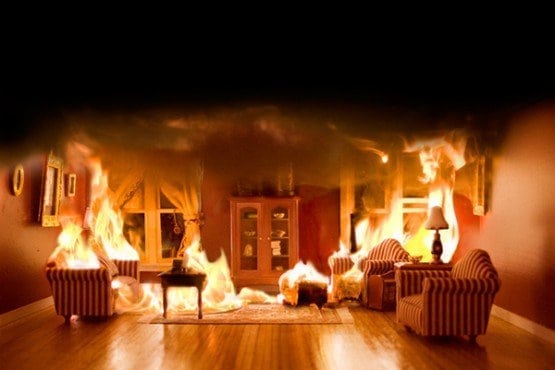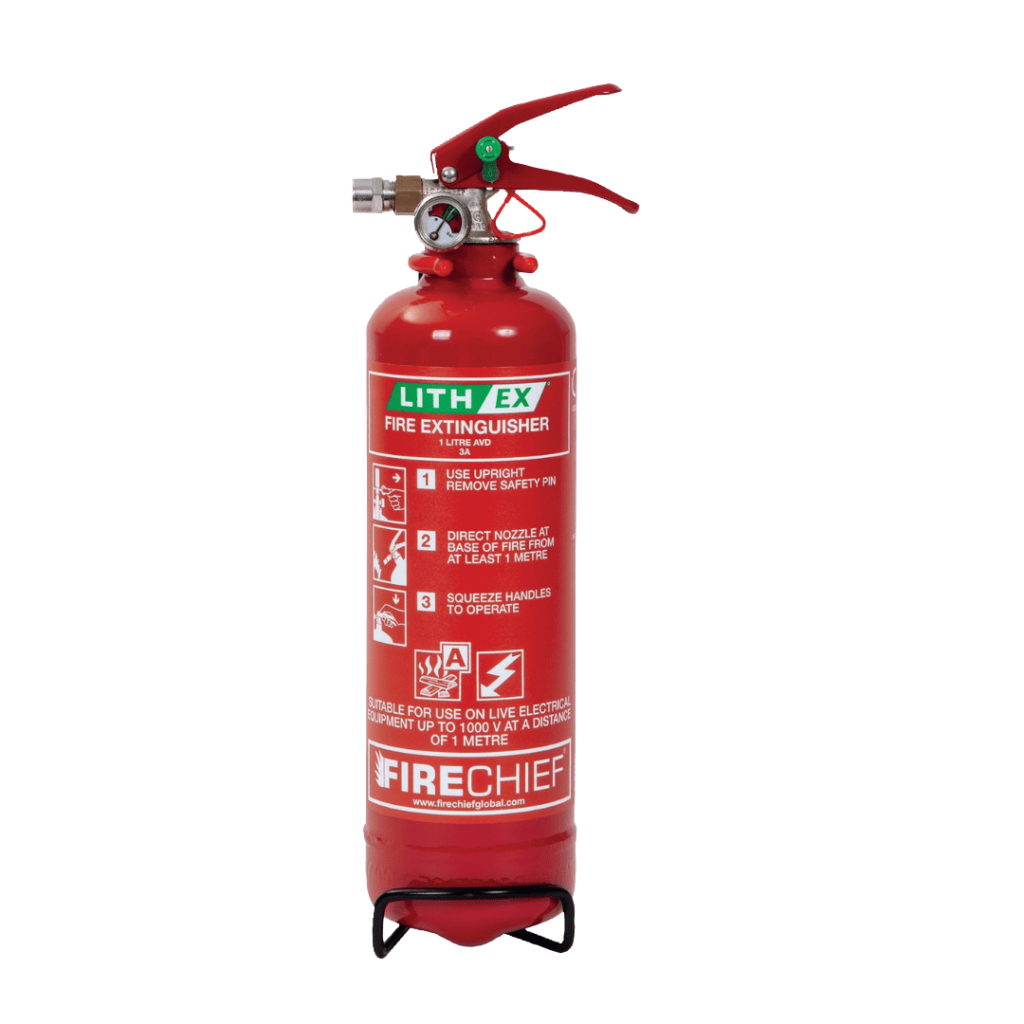Fire safety is a crucial aspect of living in urban environments, especially in apartments where risks are compounded by close living quarters and shared spaces. In South Africa, the unique layout of urban apartments, often in high-rise buildings, presents specific challenges for fire prevention and response. Understanding the importance of fire safety is not just about adhering to regulations; it’s about protecting lives, property, and ensuring peace of mind for all residents.
The risks in South African apartments can range from electrical faults to unattended cooking, and understanding these risks is the first step towards mitigating them. Additionally, the diverse cultural and socio-economic backgrounds of apartment dwellers in South Africa add layers of complexity to fire safety education and practices. It’s vital for tenants to be aware of these risks and take proactive steps to ensure their home is safe from fire hazards.
Fire Safety Laws and Regulations in South Africa
South Africa’s approach to fire safety in apartments is governed by a combination of national and local regulations. The cornerstone of these regulations is the National Building Regulations and Building Standards Act, which sets forth the minimum requirements for building safety, including aspects related to fire prevention and containment. This Act mandates features like fire escapes, the use of fire-resistant materials in construction, and the installation of fire detection and suppression systems. On a more localized level, various municipalities in South Africa have their own fire safety ordinances that complement the national regulations.
These local laws often address the unique needs and risks of their specific urban environments and can include more detailed requirements for apartment buildings, such as regular fire safety inspections, specific guidelines for evacuation procedures, and mandates for fire safety education for residents. Compliance with these laws is not just a legal obligation for apartment owners and managers, but is also a moral duty to ensure the safety and well-being of their tenants. Understanding and adhering to these regulations is essential for both landlords and tenants to ensure a safe living environment.

Assessing Your Apartment’s Fire Safety
-
Identifying Potential Fire Hazards:
- Check for overloaded electrical outlets and frayed cords.
- Look for clutter that can easily catch fire.
- Inspect areas where flammable materials are stored near heat sources.
- Be aware of hidden hazards like lint build-up in dryers.
-
Evaluating Fire Safety Features in Your Building:
- Ensure functional fire alarms are in place.
- Check for clear and unobstructed emergency exits.
- Inspect the condition and functionality of fire doors.
- Familiarize yourself with the building’s fire evacuation plan and fire control systems.
Fire Prevention Strategies
-
Safe Use of Electrical Appliances:
- Avoid overloading power sockets.
- Turn off appliances when not in use.
- Regularly check appliances for wear and tear.
-
Tips for Cooking Safely:
- Never leave cooking unattended.
- Keep flammable items away from the stove.
- Clean oven and stovetop regularly to prevent grease build-up.
-
Responsible Smoking Practices:
- Avoid smoking in bed or near flammable materials.
- Ensure cigarette butts are completely extinguished.
-
Proper Disposal of Flammable Materials:
- Follow local guidelines for disposing of items like paint and solvents.
Essential Fire Safety Equipment
-
Smoke Detectors:
- Install in bedrooms and common areas.
- Test monthly and replace batteries annually.
-
Fire Extinguishers:
- Keep in accessible locations.
- Choose the right type (e.g., ABC extinguisher) for different fires.
- Learn how to use it before an emergency.
-
Fire Blankets:
- Useful for smothering small fires, particularly in the kitchen.
- Learn the proper usage for maximum effectiveness.

Emergency Preparedness
-
Creating a Fire Escape Plan:
- Identify at least two escape routes from each room.
- Designate a safe meeting place outside the building.
- Include plans for pets and special considerations for young or elderly family members.
-
Practicing Fire Drills Regularly:
- Conduct fire drills at least twice a year.
- Practice different escape scenarios, including at night.
- Ensure everyone in the household knows the escape plan.
-
Understanding Fire Evacuation Routes in Your Building:
- Familiarize yourself with all building exits.
- Note any obstacles or special features like fire doors.
- Stay informed about any changes in evacuation procedures.
In Case of a Fire: Immediate Actions
-
How to Respond to a Fire Alarm:
- Take every alarm seriously; don’t assume it’s a false alarm.
- Leave your belongings and exit quickly.
- Close doors behind you to slow the spread of fire.
-
Safely Evacuating Your Apartment:
- Use the nearest safe exit or escape route.
- If smoke is present, stay low to the ground.
- Never use elevators during a fire.
-
Dealing with Smoke Inhalation and Burns:
- Cover your nose and mouth with a damp cloth to filter smoke.
- For burns, cool the area with running water and seek medical attention.
- Avoid applying ointments or creams to burns without medical advice.
After a Fire: Recovery and Reporting
-
Reporting the Incident to Authorities:
- Contact the fire department and police immediately.
- Provide a detailed account of the incident.
- Cooperate with any investigations.
-
Fire Damage Assessment and Insurance Claims:
- Document the damage with photos and a written inventory.
- Contact your insurance company as soon as possible.
- Keep receipts of any expenses incurred due to the fire.
-
Returning to Your Apartment Safely:
- Wait for official confirmation that it’s safe to return.
- Inspect for structural damages and hidden dangers like electrical issues.
- Seek professional help for cleaning and restoration.

Fire Safety Resources and Support in South Africa
-
Local Fire Departments and Emergency Services:
- Identify and keep contact information for your nearest fire station.
- Engage with local fire services to understand their response capabilities.
- Attend community meetings where fire services share insights and updates.
-
Online Fire Safety Resources and Educational Materials:
- Utilize online platforms for fire safety tips and guidelines specific to South African contexts.
- Follow social media pages of fire safety organizations for regular updates and reminders.
- Access online courses or webinars on fire prevention and response.
-
Community Fire Safety Initiatives and Programs:
- Participate in local fire safety workshops and training sessions.
- Join or initiate neighborhood watch groups focusing on fire safety.
- Collaborate with local authorities and organizations in fire safety awareness campaigns.
Conclusion
Fire safety is an essential aspect of secure living, especially in urban environments like apartments in South Africa. It begins with a thorough understanding of potential fire hazards and extends to the implementation of effective fire prevention strategies. Ensuring that your apartment is equipped with essential fire safety equipment and knowing how to use it correctly is crucial. Equally important is the development of a comprehensive fire escape plan and regular practice of fire drills. In the event of a fire, knowing the immediate actions to take can make a significant difference in minimizing harm and damage.
Moreover, leveraging resources and support systems such as local fire departments, online educational materials, and community fire safety programs can greatly enhance your preparedness. These resources offer valuable information and support, fostering a community-wide culture of fire safety awareness and preparedness.

